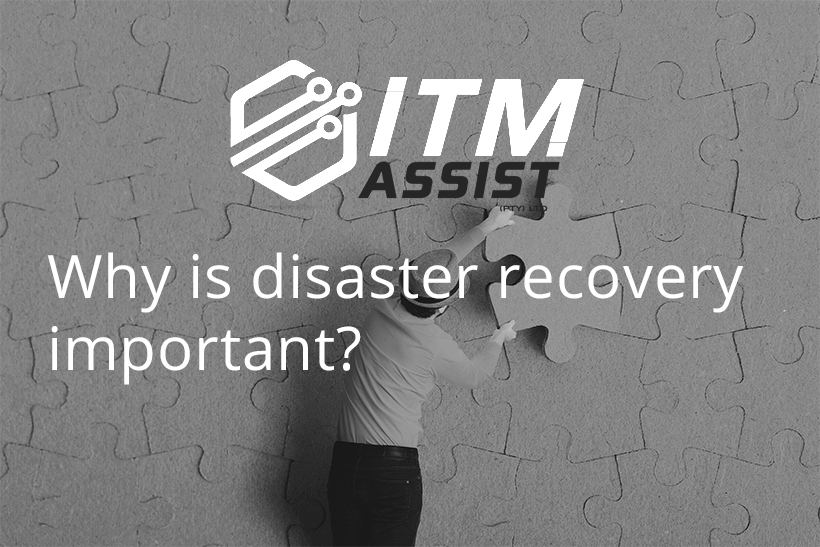Why is disaster recovery important?
The risk of losing access to your data and your applications (and consequently the ability to transact) is something that every business faces. There are processes that can minimise this risk and quickly rectify a disruption or disastrous event.
Disaster recovery is an IT process that minimises the effects of a major or minor disruption and keeps your business running while the disruption is being sorted out. In other words, it’s a reactive plan to ensure data loss is a temporary problem and enable you to restore your business operations fast.
When it comes to considering the risk management of your business, disaster recovery is an important factor because it provides a detailed strategy on how it will continue after a disaster.
Six dreaded things that disaster recovery will protect you from:
1. Customer disappointment: if you can’t deliver what your customers expect, they may not recommend your services or worse, go somewhere else at the next opportunity.
2. Downtime: when your systems are down you’re still paying employees who can’t do their work. Apart from the wastage in time and money, downtime affects your customers, who aren’t getting the attention they expect.
3. Human error: even your most loyal and diliigent employees can make mistakes that could cost your business in time or money.
4. Hardware failure: something as simple as a power surge can compromise your data and cause systems to fail, so you need a backup plan in place.
5. Natural disaster: since you can’t predict when we may be affected by a fire, flood or other natural disaster, the best thing you can do to safeguard your apps and data is to prepare for the potential loss.
6. Cyber crime: hackers target businesses of all sizes and since cyber crime more prevalent than ever, (and on the increase) most businesses will be targeted by a virus, malware or ransomware attack at some point. Find out here how your Cyber security strategy holds up against best practices.






